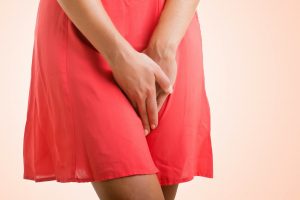
Sometimes it’s bearable, and you can hold it. Sometimes you have to hold it a bit longer. Of course, holding your pee for an hour or so, even more, occasionally is no big deal. But regularly holding in urine could lead to some problems down the line.
Ignoring the urge to pee may lead to complications, which is why you should really go as soon as possible when the urge hits. If you don’t, here’s what may happen.
Not emptying your bladder often enough, or failing to regularly empty it all the way, may lead to a urinary tract infection. UTIs can be painful and have the potential to recur after treatment.
Habitually holding pee can also lead to weaker bladder muscles, which may run contrary to popular belief. Although it might take bladder strength to hold the urine in, over time, all that use can cause the muscles to atrophy and set the stage for incontinence.
If you’ve ever taken a long car or plane ride, or spent a day exploring an area where bathrooms were in short supply, you may have had to hold pee for a long time. Holding it in for 10 hours or more may lead to urinary retention, meaning that when you do you want to go, you can’t. The bladder muscles simply can’t relax after being tense for so long.
Listening to your bladder and finding a bathroom when you have to go is probably the best way to keep bladder muscles strong and reduce the risk of incontinence.
It’s important to remember that holding your pee occasionally won’t do any damage. The effects of holding urine are largely cumulative and are more likely to appear when pee is habitually held. It’s more of a long-term health concern.
So if you’re in the habit of holding, try letting it flow when you have the urge to go.